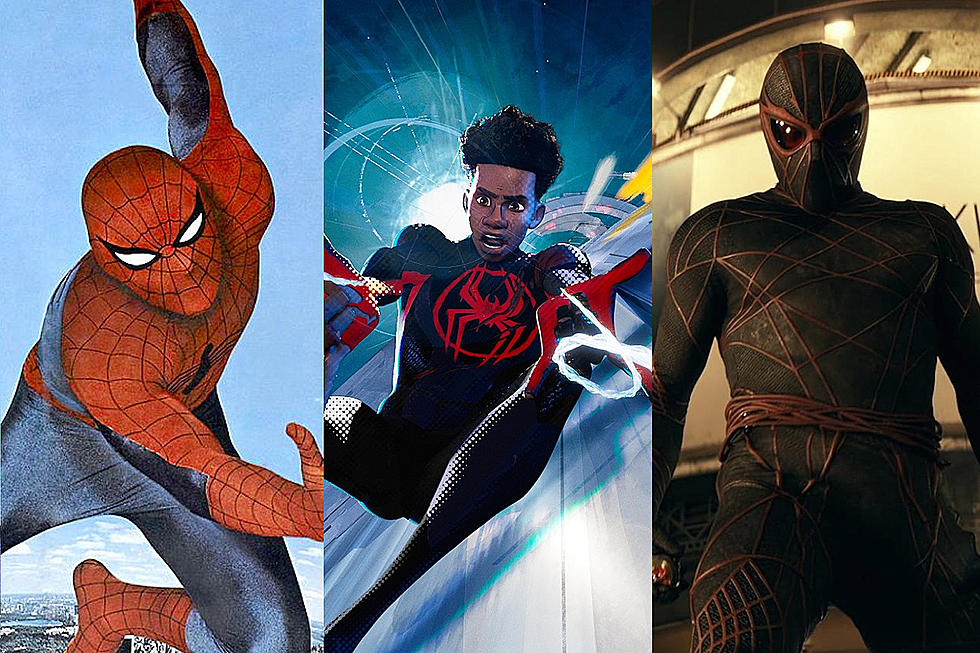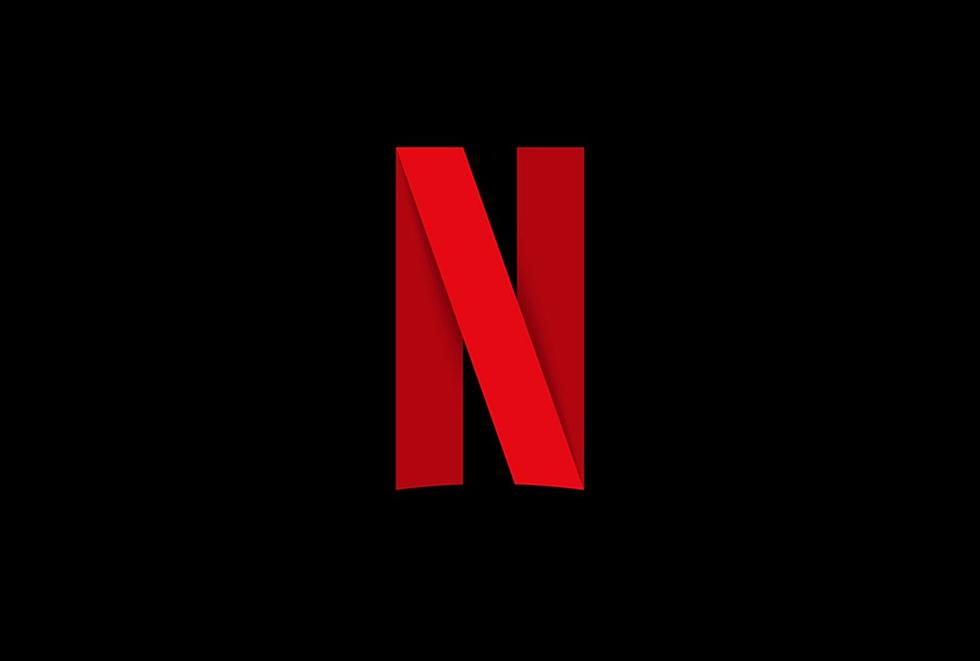
2016: The Worst Summer Movie Season Ever?
July 4th: A time for cookouts, fireworks, and big movies. The list of titles released on this holiday weekend since 1982 is one massive blockbuster after another: Terminator 2, Spider-Man 2, Despicable Me 2, Independence Day, Die Hard 2, The Perfect Storm, Armageddon, Men in Black, Superman Returns, a bunch of Transformers, and so on. There are July 4th flops (The Lone Ranger, Wild Wild West) but there’s also a dozen films that opened with at least $50 million in domestic grosses.
If all three of this year’s July 4th releases — The BFG, The Purge: Election Year, and The Legend of Tarzan — open according to tracking predictions in The Hollywood Reporter, they should make about $85 million for the weekend combined. In 2004, Spider-Man 2 made $88 million over the July 4th holiday all by itself. In other words, it’s going to be a quiet weekend at movie theaters. And for a lot of the folks who see these and other movies in multiplexes this weekend, it’s going to be a depressing one too.
For the past month, there’s been one question on the minds of a lot of cinephiles. I’ve heard people discussing it in screening rooms, seen musings about it on social media, and debated it privately with colleagues. With each new week — and each new batch of new releases — the question gets asked more frequently and more loudly. At this point, it’s hard not to wonder: “Is this the worst summer movie season ever?”
It certainly feels that way lately, in the midst of a slew of crummy tentpoles and sequels including Alice Through the Looking Glass, X-Men: Apocalypse, Teenage Mutant Ninja Turtles: Out of the Shadows, Warcraft, and Independence Day: Resurgence. The biggest of the big delivered this year; Captain America: Civil War hit the superhero sweet spot and Finding Dory satisfied most fans of the original. But with a few notable exceptions, just about everything else has been a disappointment — if not an outright disaster.
But that’s how things feel. Is there a way to quantify this summer’s crappy movies and compare them to other summers’ crappy movies? I spent the last couple days trying to figure that out.
First, I took the Rotten Tomatoes score of every wide release (over 1,000 screens) that hit theaters between May 1 and September 1 on each of the last five years. What I initially found surprised me: From year to year, the scores were almost identical. With the exception of 2014 (the summer that gave us Amazing Spider-Man 2, Transformers: Age of Extinction, Teenage Mutant Ninja Turtles, Planes: Fire and Rescue, and more) each of the last five summers wound up with nearly identical scores. And in fact, 2016’s average Rotten Tomatoes score is the highest of the bunch.
It should be noted that 2016 has a slight advantage in this comparison because most of each summer’s worst titles get released at the end of August, which is one of Hollywood’s favorite dumping grounds for hopeless junk. (Recent late August releases: As Above/So Below, The November Man, No Escape, Hitman: Agent 47, The Mortal Instruments: City of Bones, and The Apparition.) It’s very possible that after this August’s release of Mechanic: Resurrection, Ben-Hur, and Nine Lives, 2016’s bar will be a whole lot shorter.
Still, even if every August release craps the bed, 2016 won’t be that much worse on the whole than any other recent summer. So what accounts for the feeling, shared by so many, that this summer is particularly terrible?
Thinking about it more, I realized I needed to narrow my scope. When we use the phrase “summer movies” we’re really just referring to the biggest of the big; the blockbusters, tentpoles, and sequels that dominate headlines and multiplexes. So next I wondered what would happen if I compared the Rotten Tomatoes scores of just the “real” summer movies, the ones with budgets of at least $100 million? Would I get a different result?
I did:
Limiting myself to just the average Rotten Tomatoes scores of $100 million budget movies, I found a much wider range from year to year — and that 2016 is, thus far, the second worst summer in a decade. But it’s still not the worst; that dubious honor belongs to 2009, the year of X-Men Origins: Wolverine, Angels & Demons, Terminator Salvation, Land of the Lost, Transformers: Revenge of the Fallen, G-Force, and G.I. Joe. That year, the only two tentpoles with Rotten Tomatoes scores higher than 90 were J.J. Abrams’ Star Trek and Pete Docter’s Up — a nearly identical scenario to 2016, with Civil War and this summer’s Pixar movie, Finding Dory.
The graph also suggests 2016 feels like such a disaster because it comes on the heels of back-to-back summers with very good crops of blockbusters; films like Mad Max: Fury Road, Ant-Man, Inside Out, Guardians of the Galaxy, Dawn of the Planet of the Apes, Godzilla, and X-Men: Days of Future Past. (Interestingly, 2014 had the lowest raw score but one of the highest scores for just tentpoles.) The only better summer for blockbusters in the last decade was 2008, the year that The Dark Knight and Iron Man broke records and helped launch the latest wave of superhero movies.
The two graphs combined really suggest that while every summer produces roughly the same crop of good and bad movies (at least according to critics’ average reviews), they fluctuate wildly when it comes to bigger releases. And because only about a dozen or so tentpoles of that size get released every year, all it takes to sour the season are one or two more disasters than usual.
With two months left to go, 2016’s average tentpole score could go back up; a lot in this regard rides on the success or failure of Ghostbusters, Jason Bourne and Suicide Squad. If those movies deliver the way summer movies are supposed to, the year could still be redeemed. If they don’t, then our shared suspicion could be confirmed, and 2016 could easily wind up as the worst summer movie season of the decade. Something to think about this holiday weekend — whether or not you wind up going to the movies.
More From Majic 93.3









